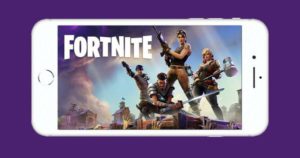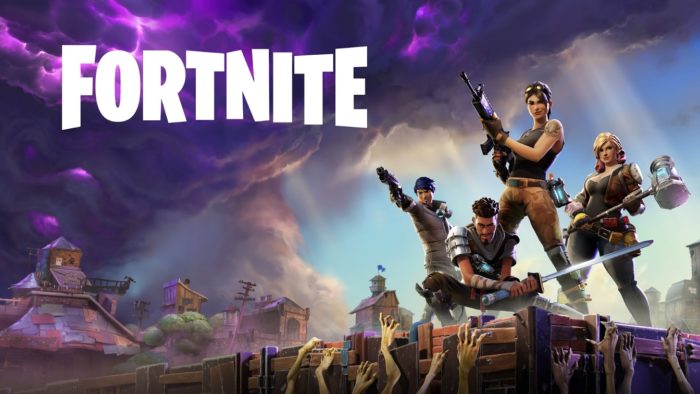Pong, Mario, Doom, The Sims, Minecraft and … Fortnite? The hallowed halls of video game history are packed with products that became a cultural phenomenon – and it’s looking like Fortnite will soon be able to stake such a claim. The co-op survival game that takes place in a “sandbox” universe recorded a record 3.4 million concurrent users in February 2018. [ If you’re one of the 3.4 million and want to leave us a video comment or video of your Fortnite character please use our Video Uplink button at the end of this article.] The game, which is free to play, also allows users to purchase a semi-annual “Battle Pass” that runs less than $10 and provides access to additional items. This low-cost approach is apparently working, as reports show Epic Games earned nearly $300 million in April 2018 alone. Further, in-game “microtransactions” that allows players to use minimal amounts of real-world money for in-game goodies is helping add to Epic’s well, epic payday.
So, let’s recap: A game that’s free to play plus $10 usd occasional optional investment and microtransactions gives us hundreds of millions of dollars each month. You know what else makes that kind of money? Hollywood movies, major league sporting events and social media platforms – and those things are plastered with advertisements. According to Ken Wisnefski, CEO of digital marketing firm WebiMax, advertisers who want to get ahead of the coming eSports curve and start reaching gamers where they reside need to start paying attention to the preferences of this sector.

“Fortnite has really taken the world by storm. I think the new microtransaction process is a concept that shows how high volume and low cost can have a huge impact. It’s growth and notoriety is amazing,” said Wisnefski. “A few years ago, Pokemon Go was all the rage; I am curious to see if Fortnite continues to show this sort of traction.”
Want to make money through Fortnite? Here’s what Wisnefski has to tell companies on the verge of investing in video game ad buy.
‘Go’ along for the ride: According to Wisnefski, we haven’t seen a video game with such mass appeal since 2016’s “Pokemon Go,” which drew 10 million people to download the app in one week. An advertising analysis also notes that some businesses were given the opportunity to turn their stores into a “Pokestop” and, of course, increase foot traffic and hopefully sales as a result.

Shadow of a doubt: Still skeptical about sinking money into video game advertising efforts? Then take one look at “Ninja,” a 26-year-old Fortnite player who is reportedly raking in $500,000 per month for streaming his live game feed on the “Twitch” website. Wisnefski says it merely makes sense for relevant brands to jump on an opportunity to get their product in front of potential customers – namely as a “medium rectangle” or 15-second spot before one of Ninja’s streams.
Risk and Reward: Soft drink and snack food companies – we’re looking at you, Mountain Dew and Doritos – have for years pandered to gamers. As well they should, says Wisnefski, noting that some sectors are “very viable for this sort of opportunity.” If you’re a small to medium-sized company, however, guidance from a digital marketing company may be in order. “Big companies have the ability to absorb some losses to see larger gains; smaller companies can’t afford to take that sort of risk,” said Wisnefski.
[vidrack align=”center” ext_id=”345″ desc=”some description”]

WTH- Fortnite added planes and they game mechanics are now screwd. Check out this video I just recorded. Players have no means of defending against them. If you have dynamite or hand grenades players have no way of defending because your plane goes through buildings.
WTH Fortnite